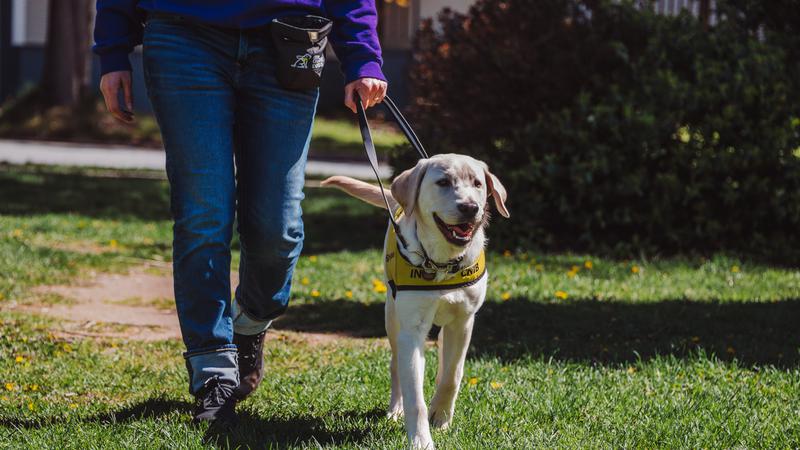
FSIN expresses concerns about impact of changes to harm reduction services
A recent decision by the provincial government to change how harm reduction services are done in Saskatchewan is worrying the Federation of Sovereign Indigenous Nations (FSIN).
In a statement posted online, FSIN Chief Bobby Cameron pointed out the Crown has a fiduciary responsibility to First Nations.
“It’s frustrating that despite evidence that prevention programs are effective, the Province of Saskatchewan is following the recommendations of a private company from outside of the province rather than local First Nations experts in the area of addiction,” he said.
Multiple professions have said the decision will cost lives and increases in blood-borne illnesses, such as HIV.



